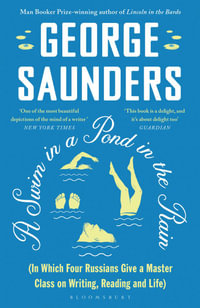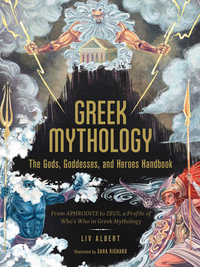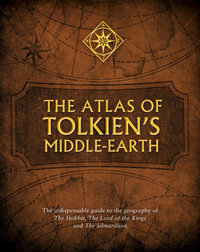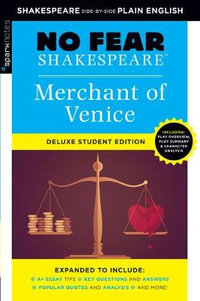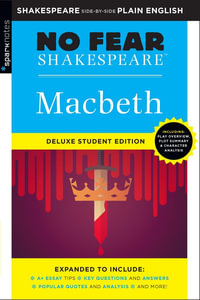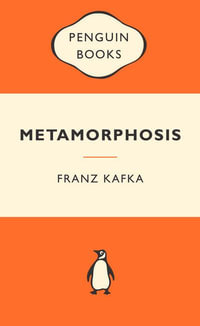"A thought-provoking, complex and persuasive examination." - James Joyce Literary Supplement
"A commendable critical debut." - James Joyce Quarterly
"Readers will find in Utell's close readings a compelling account of how Joyce eludes familiar labels and asks his audience to resist them." - Journal of Modern Literature
"The late-nineteenth-century notion of marriage is wildly overblown and overladen with cultural values and expectations of the negation of the self, especially for the wife; this is presented as foundational fact for Utell's study, and she does not spend any time rehashing that well-trodden ground. Instead, she starts in the empty space beyond that to suggest that Joyce presents adultery 'not only as part of the world of two' - a piece of the marriage puzzle either ignored, rejected, or denied by the culture of the time - but also as 'potentially transformative.'" - Modern Fiction Studies
"In this engaging monograph, Janine Utell takes a bold position in the current academic climate: she analyzes literary representations of love without cynicism, and reads marriage as having positive transformational potential . . . Utell shows how Joyce 'seeks to puncture and twist' the 'ethically suspect' cultural scripts circumscribing marriage in early twentieth-century Ireland that he saw as constraining individual autonomy, and which blamed for his own mother's premature death." - Leirmheasanna
"Utell views Joyce as actively rebelling against the social norms of his time - vis-a-vis marraige and sex - in quest of an ethical love that promotes the selfhood of the beloved. Joyce, she contends, pursues this quest consistently in his letters, drama, poetry, and, most acutely, in his final novels." - Choice
"Leaning heavily upon the philosophy of Emmanuel Levinas and extending the excellent work begun by Marian Eide in her definitive analysis on the subject, Ethical Joyce (2002), Utell provides a fascinating and well-argued analysis of Joyce's evolving attitudes toward love in the contexts of marriage and adultery - his literary obsession from Exiles through Finnegans Wake." - College Literature
"Utell's project offers a fresh perspective on how Joyce imagines an ethical love within the space of infidelity thus re-envisioning illicit desire as a positive site for transformation instead of a negative space established by more orthodox systems. Utell's study also offers insightful close readings of Joyce's texts, especially the long chapter on Ulysses that is valuable in itself." - ELT
"Surveying the entire corpus of Joyce's works, Utell proves with unprecedented clarity and eloquence that Ulysses has become the modern version of Spinoza's Ethics.Instead of revamping older novels of adultery and cuckoldry, Joyce has crafted a powerful parable on love and its differences, offering a most encompassing and empowering fiction on how it is possible to love ethically." - Jean-Michel Rabate, Vartan Gregorian Professor in the Humanities, University of Pennsylvania
"James Joyce and the Revolt of Love is one of those rare books that you may have been wishing someone would write. In this thoughtful, provocative, and illuminating work, Utell explores the positive ethical implications of choices that in more conventional systems are understood as sin, moral lapse, or moral harm. Framed by Levinasian ethics, James Joyce and the Revolt of Love is widely inclusive of the positions and perspectives laid out by scholars in allied fields. Utell's specific insights into Joyce's texts and contexts are nuanced and supple, yet forceful, supporting the surprising argument that infidelity in Joyce's works provides an occasion for responsibility to another through a realization of the radical alterity of partners within an erotic couple." - Marian Eide, Associate Professor, Department of English, Texas A&M University and author of Ethical Joyce
"James Joyce and the Revolt of Love provides a subtle and far-reaching description of 'ethical' human love as described in such major works of James Joyce as Giacomo Joyce, Ulysses, and Finnegans Wake. Utell's analysis opens the way to connections with theories of love as exemplified in the works of such writers as D.H. Lawrence, who saw marriage as a revolving of twin stars in never-coinciding orbits, and Henrik Ibsen in such previously enigmatic plays as The Lady from the Sea, in which true freedom in marriage consists in allowing total freedom to the partner in love. Utell's book will open up a new field in the interpretation of the works of James Joyce, and in connections with the major works of other great modern writers." - Edmund L. Epstein, Professor of English, Queens College and the Graduate Center, City University of New York






